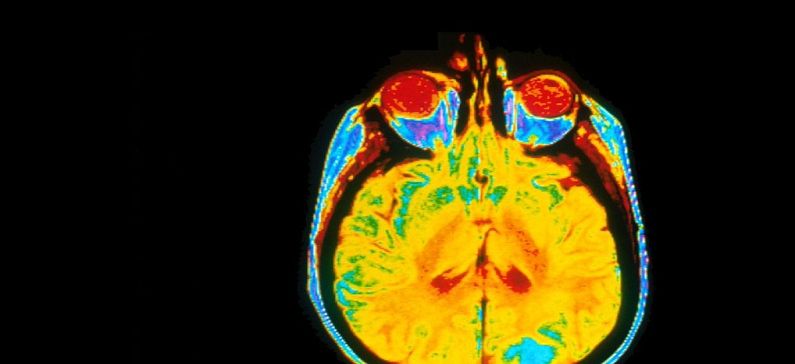
Greek scientist behind the identification of risk factors for brain cancer
A team of international researchers led by scientists at Baylor College of Medicine in Houston have identified genetic markers for two subtypes of glioma, an aggressive form of brain cancer. Among them was the Greek researcher Konstantinos Gousias. The teram has uncovered 13 new genetic markers associated with the disease, and confirmed 13 previously discovered markers. The researchers also found a clear difference in the genetic risk factors for high-grade glioblastoma versus low-grade glioma.
Nearly 24,000 people will be diagnosed with malignant brain tumors in 2017, and 17,000 will die from them. The most common and deadly form of brain cancer is glioblastoma, which has a five-year survival rate of less than 6 percent. For the study, researchers analyzed millions of genetic variants using genome-wide association analysis to scan for markers on complete genomes from nearly 12,500 patients with glioma and 18,000 healthy individuals.
The genetic markers identified in the study were linked to higher susceptibility for developing brain tumors, however, each genetic marker gave just a modest increase in risk, according to researchers.
“Until now our understanding of the risks of developing glioma has been limited,” Bondy said. “In this work we confirmed 13 previously identified markers and uncovered 13 new genetic markers associated with this aggressive disease. We now have a more comprehensive genetic profile of the disease spectrum that expands our understanding of glioma susceptibility.”
“This work has revealed a set of genetic factors that are involved in glioma development,” said Dr. Beatrice Melin, professor and head of the Regional Cancer Center North at Umea University in Sweden. “Understanding how glioma develops opens the possibility for developing better surveillance, diagnostics and treatment.”
The study was published in Nature Genetics.
They concluded that currently identified risk SNPs for glioma account for only about 27 percent and 37 percent of the familial risk of glioblastoma and non-glioblastoma tumors, respectively. “Therefore, further GWAS-based analyses in concert with functional analyses should lead to additional insights into the biology and etiological basis of the different glioma histologies,” which could lead to the development of new therapies for these tumors, the authors added.
Konstantinos Gousias is the Head of Lab for Neurosurgical Sciences at the University Hospital Bergmannsheil in Bochum and Senior Consultant at the Neurosurgical Dept. University Hospital of Bochum.









